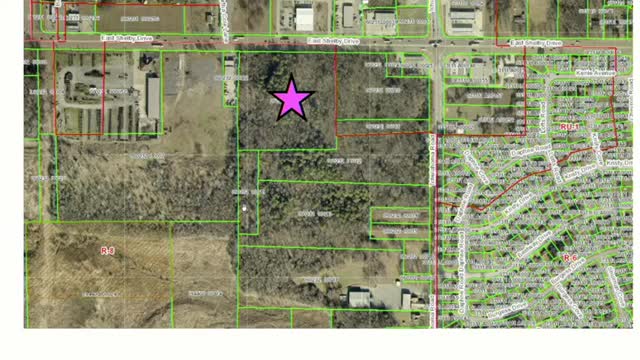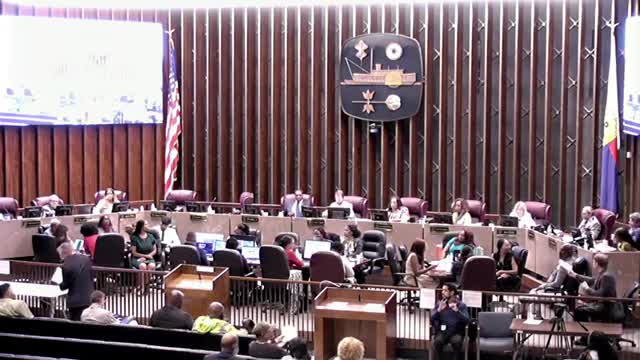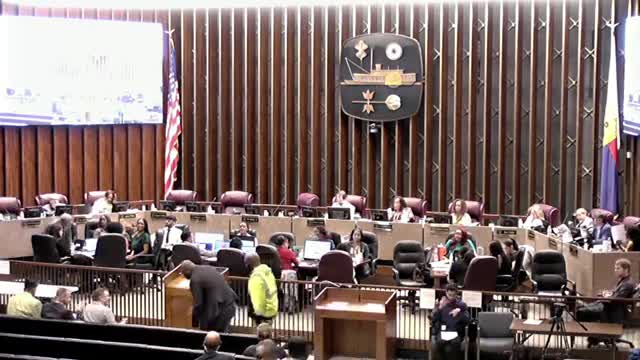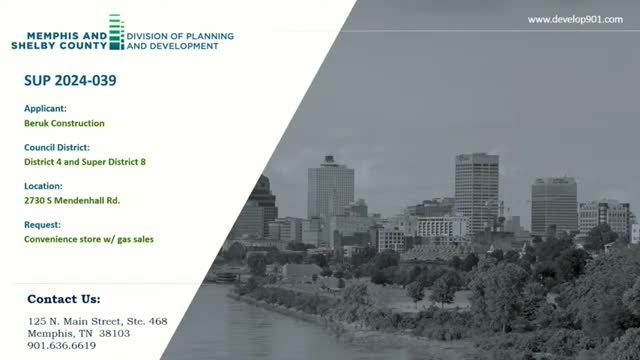Article not found
This article is no longer available. But don't worry—we've gathered other articles that discuss the same topic.

Council reassigns $2.4 million within Solid Waste budget to cover Q3 shortfalls; director says fund remains solvent

Council upholds Land Use Control Board approval of two-lot Grandview subdivision after neighbors’ appeal fails

Council rejects planned truck drop yard at East Shelby Drive after residents and landowners raise safety, traffic and access concerns

